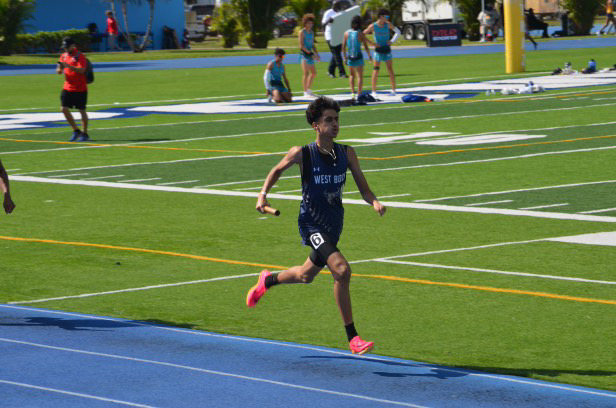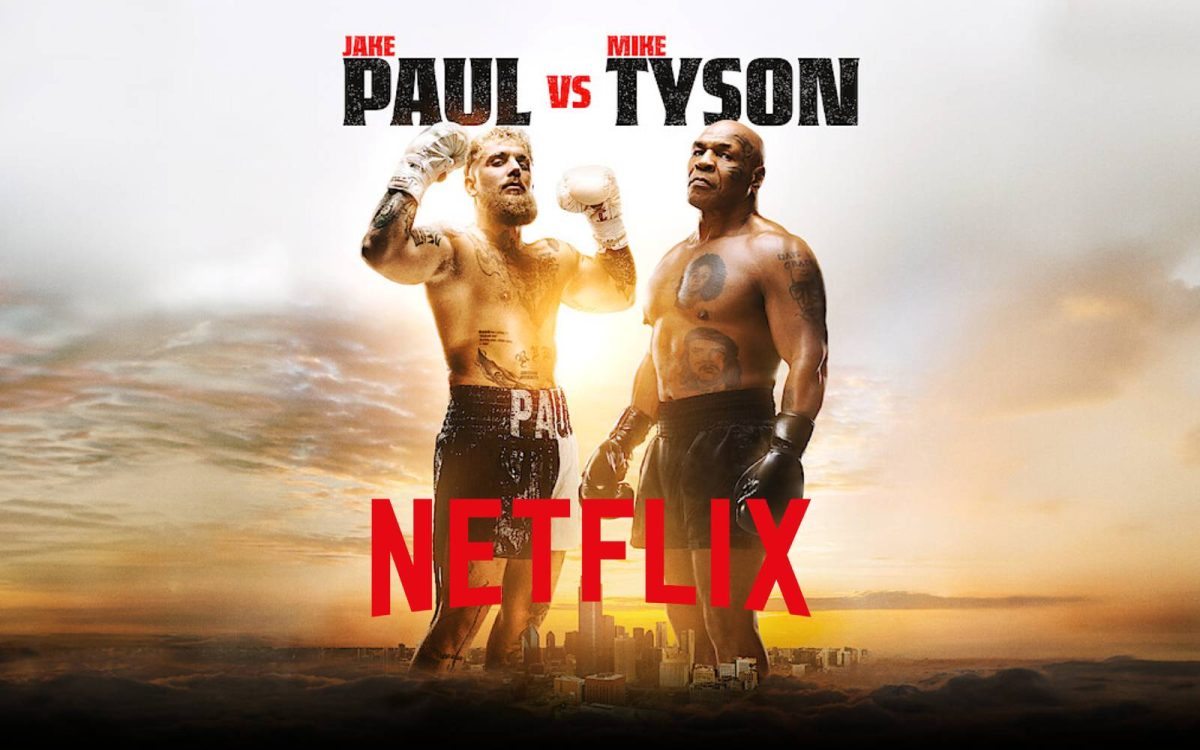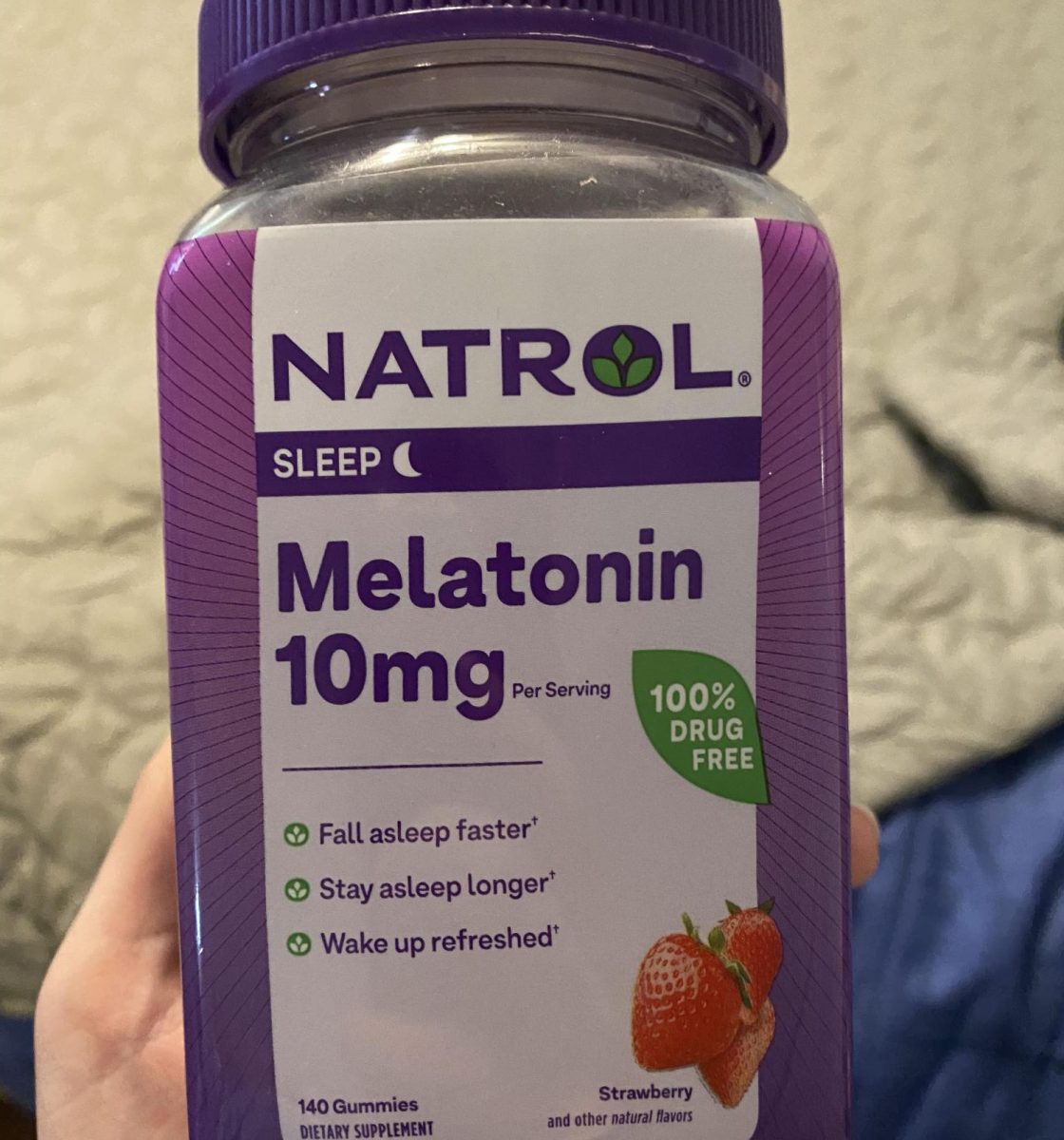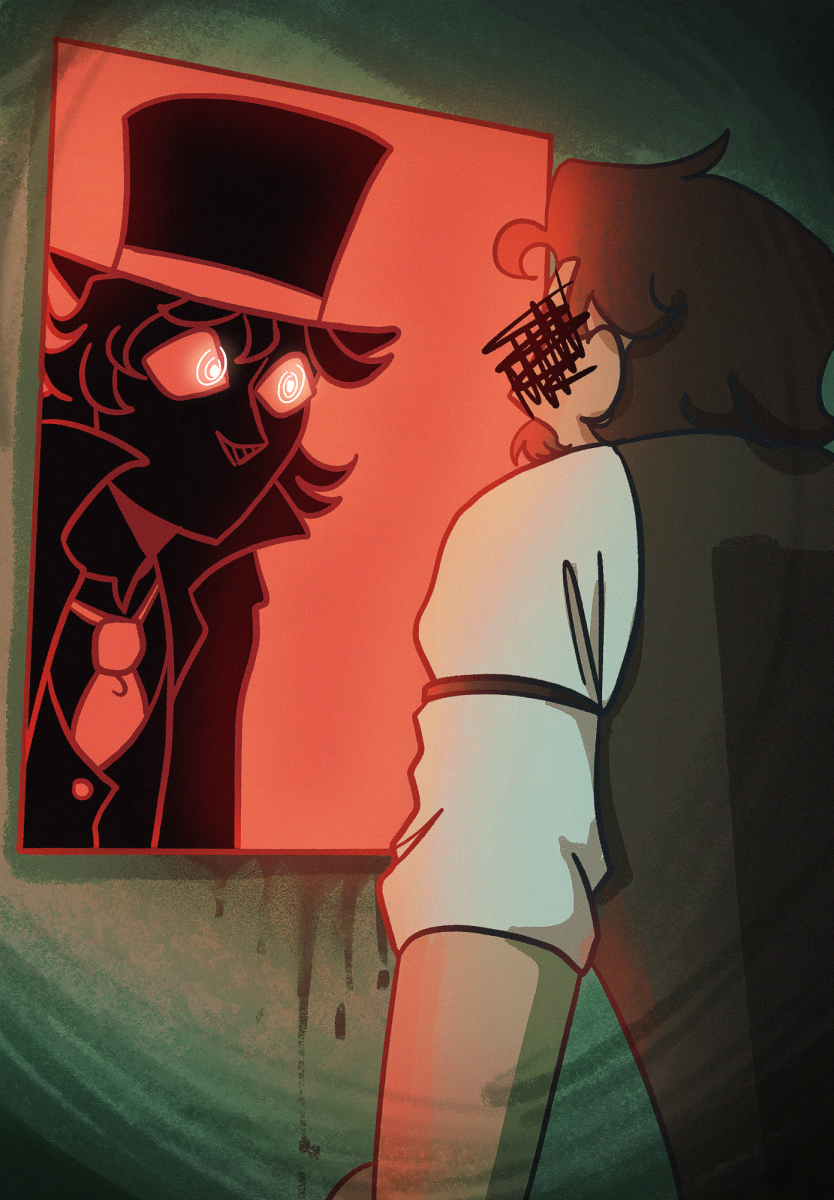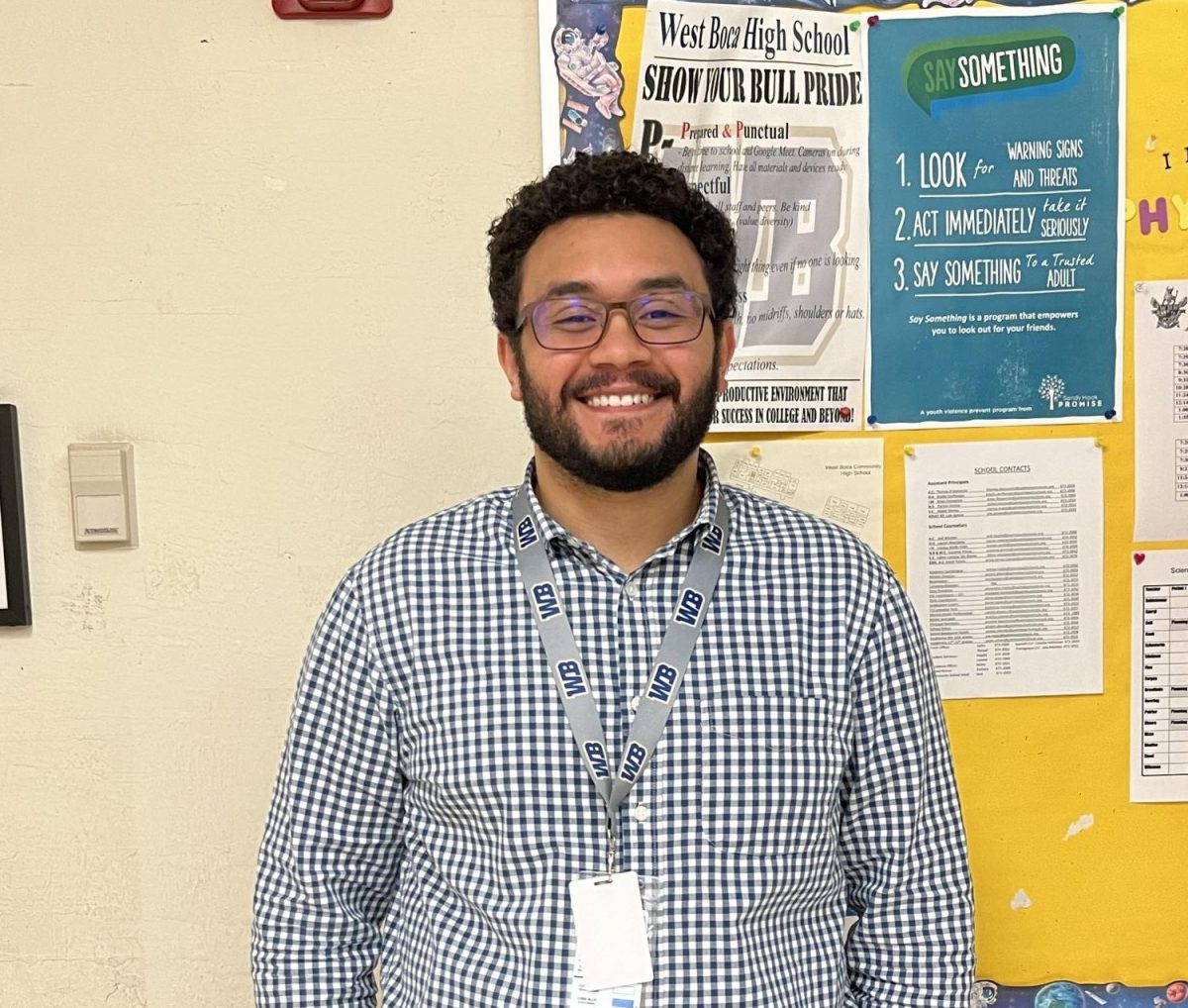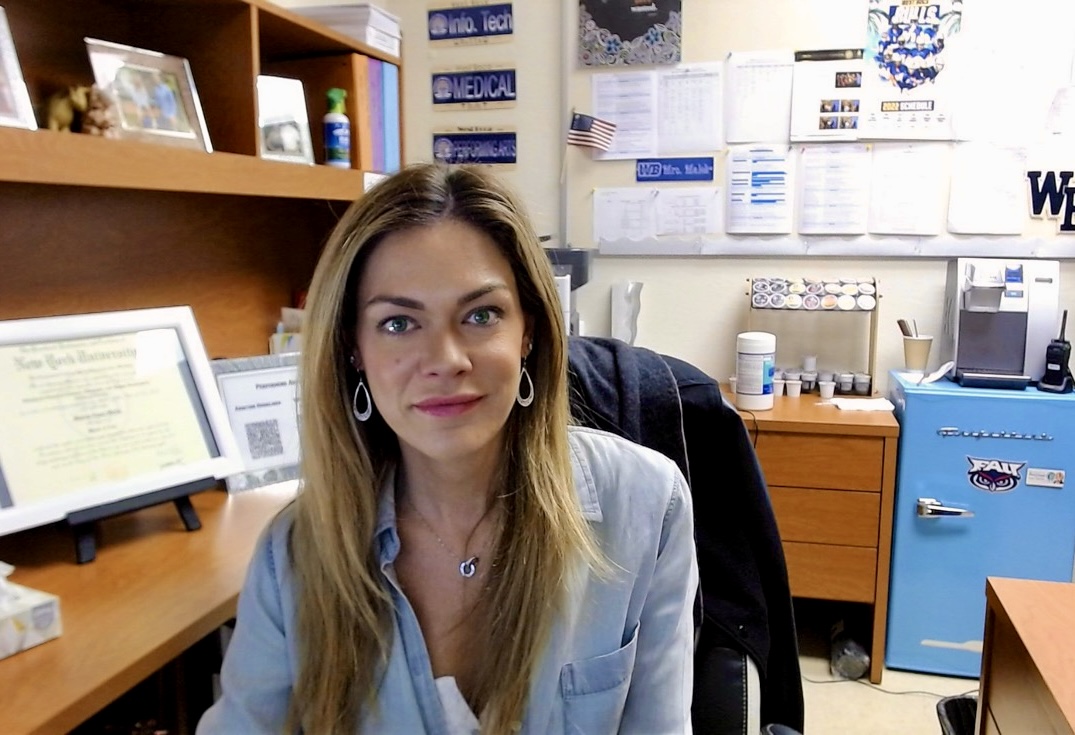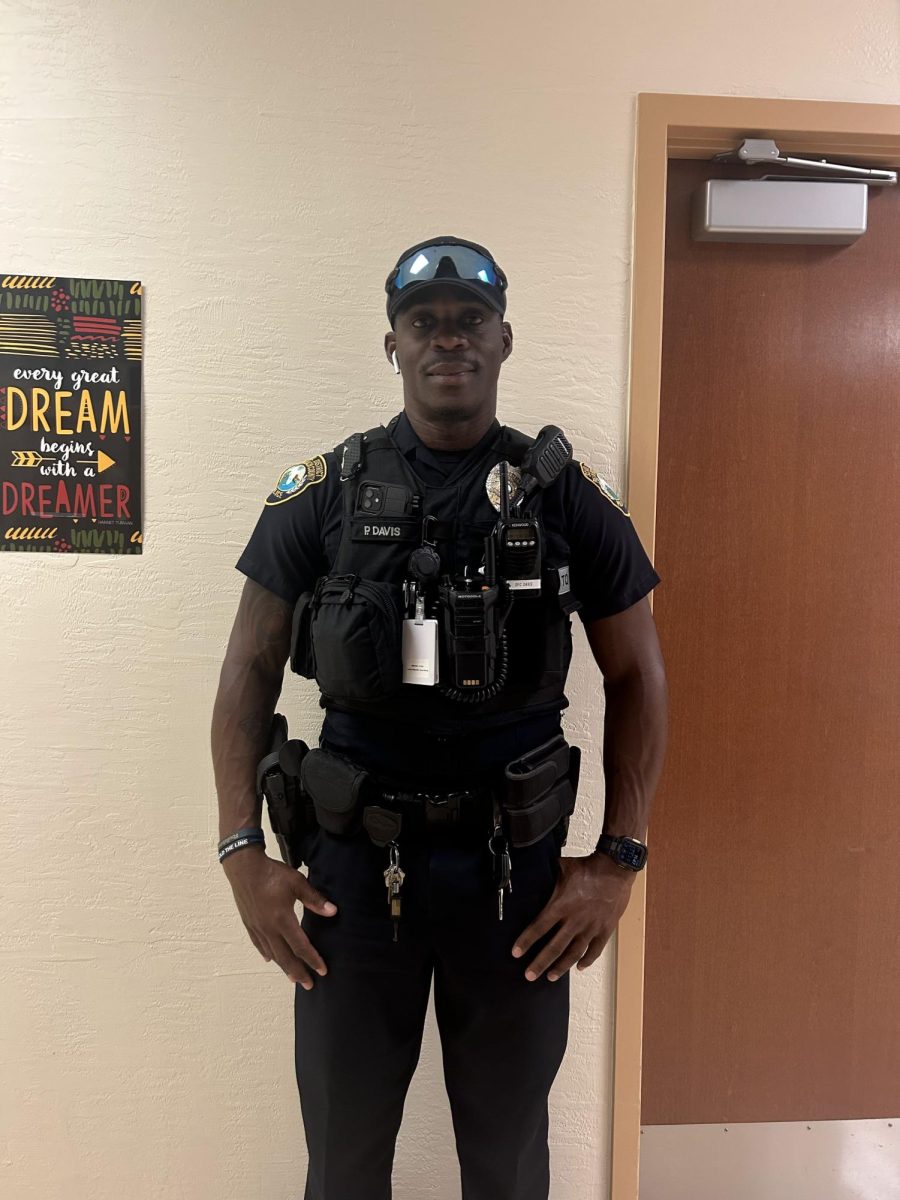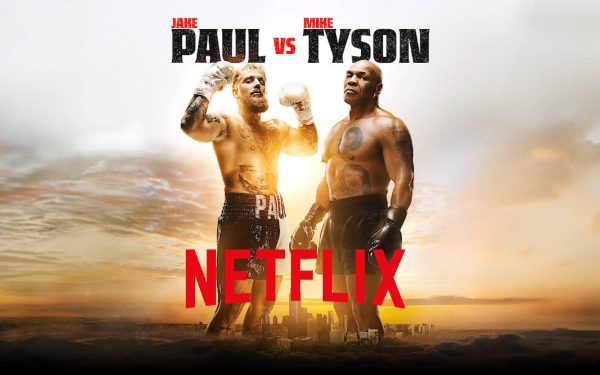Importance of Holocaust Education
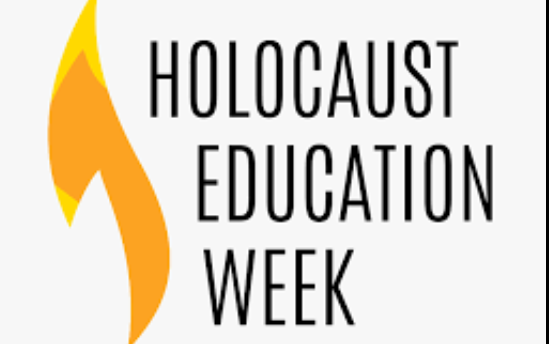
HolocaustResources.org In the State of Florida. Holocaust Education Week was from November 8-12.
November 12, 2021
“Education holds the key to fostering the spirit of tolerance. The true way of living is found in being compassionate, learning from each other’s differences, accepting the individuality of those around us and creating a harmonious co-existence.”
—Jack Kowarsky, Vancouver Holocaust survivor
The Holocaust was a systematic and intentional attempt to murder Jews in Europe and to end the rich culture of Judaism. This despicable act challenged the basis of human morals, as well as the foundation of any values a human being may hold. The people who challenged these morals can be remembered and should be remembered as the worst, most vile human beings to ever touch the ground we live on. The study of the Holocaust shows students that genocide is a process and instance that can be stopped, rather than be some inevitable occurrence . Therefore, it is crucial that Holocaust Education is prioritized in high schools because it allows students to understand the impact of history on society, the impact of history on human beings, and the impact that individuals can have on history. Learning about these topics will ensure that history doesn’t repeat itself.
The Holocaust was a moment that defined the history of humanity and shook the foundations of western civilization. This genocide had a large impact on society. A major part of the population was ripped away from Europe, leaving the continent forever changed. According to Yehuda Bauer, Israeli Historian, “The Holocaust has become a cultural code for the deadly combination of ideology with the technology, modernism, bureaucracy, and expertise to implement evil. ” From this, students can deepen their understanding of democracy, dictatorship, collaboration, and genocide. Since the Holocaust is a primary example of destruction, it should be used to prevent any further destruction. How did the Holocaust impact society? After the Holocaust, survivors were lost, hopeless, and in need of a place to go. After the liberation of Nazi concentration camps, many survivors found themselves in displaced persons’ camps, and stayed there for years to come. Most people had lost their entire family, possibly not knowing if anyone from their past life had survived. So, they looked for refuge in other countries. Immigration abroad was increasingly difficult, as there were so many people looking for places to go. Most countries in Europe and Eastern Asia were destroyed from the bombings that had occurred for six years. In need of a place to go, in 1948, Ben Gurion, the chairman of the Jewish Agency for Palestine, declared the formation of the state of Israel. At the time, Ben Gurion, the first Prime Minister of Israel, stated, “The Nazi Holocaust, which engulfed millions of Jews in Europe, proved anew the urgency of the reestablishment of the Jewish State, which would solve the problem of Jewish homelessness by opening the gates to all Jews and lifting the Jewish people to equality in the family of nations.” The Holocaust, eventually the end of the Holocaust, resulted in a state of urgency, requiring the formation of a new country in order to establish some kind of peace. The world and society were completely and forever changed.
The impact of that the Holocaust had on human beings was drastic and completely devastating. In schools, not only should students study about the timeline of the Holocaust and how it came to be, but more importantly about how the Holocaust affected the lives of the victims. Analyzing personal stories and accounts of the victims can bring a “human dimension” to the study of the Holocaust, helping students personally connect to an individual person, evoking compassion and empathy. These personal stories allow students to see the events of the Holocaust from the victims perspective . How were the lives of victims affected? Judith Levitan was born in Vidukle, Lithuania in 1926. Before the war, her family moved to the capital of Lithuania, Kaunas. She and her family were religious Jews, who were observant of holidays, kosher eating, and going to synagogue. Judith and her sisters went to a Jewish school before the war. In 1941, Germany occupied Lithuania. Before the ghetto was created, Nazi’s confiscated all of the jewish people’s expensive items, such as silver, fur, and jewelry. In the summer of 1941, the ghetto was established and Judith and her family moved to the place they were “allowed” to live. Judith and her family managed to stay together until 1943, when they were sent to concentration camps. Men and women were separated and Judith and sisters had no idea where their father was. They had to complete extremely difficult physical labor in order to survive. Judith and one of her sisters, Hannah, survived, but their mother and other two sisters were killed. Judith, luckily, met her future husband in a displaced persons camp, they married, and she had her first child there. Six million jews were murdered during the Holocaust, Judith was one of the lucky ones. Learning about the atrocities these human beings faced will allow students to develop a sense of right and wrong, furthering the prevention of genocide.
Adolf Hitler. The leader of the Nazi Party, the most powerful dictator ever to live, and a evil man. One tiny man had the power to murder millions of people, build an empire, invade countries all across Europe, and eventually alter the shape of society for years to come. This man was able to bring an entire nation together, forgetting their human morals and ethics. If one man was able to do this, then the entirely new generation of people have the power to change the world for the better. One cannot do so without an adequate amount of understanding and knowledge.
“I think most children are ignorant of what Nazism is really all about because I have been called into two schools where Jewish kids have been targeted and harassed,” she said. “I said to myself, ‘What can I do in an hour?’ So what I do now is explain what it really is.”
- Edith Mayer Cord
In the state of Florida, Holocaust education is mandated. Schools from primary levels to high school levels are required to teach students about the Holocaust. According to Florida’s Department of Education, “The Holocaust is to be taught as a uniquely important event in modern history, emphasizing the systemic and state-sponsored violence, which distinguish it from other genocides. Florida teachers are enjoined to teach about the gradual unfolding and escalation of the Holocaust (“the ramifications of prejudice, racism, and stereotyping”), with special attention paid to both the apathy and the altruism of the world community (“what it means to be a responsible and respectful person”). Finally, the Holocaust is to be taught in ways that encourage a pluralistic perspective and democratic practices.”
This week is Holocaust Education in Florida, highlighting the significance of Holocaust Education in schools. The action that Florida’s Department of Education has taken in order to ensure students are well educated and informed about the past, is important for every state in America to do.











